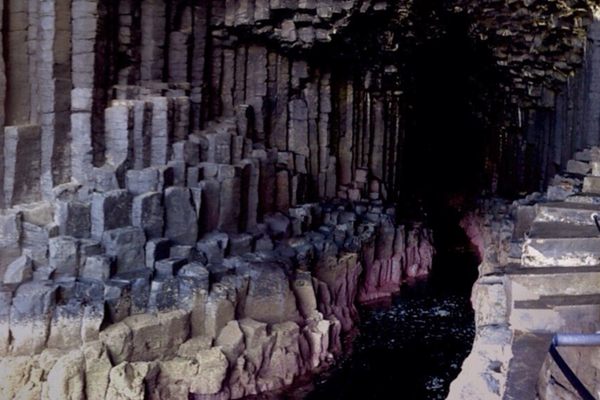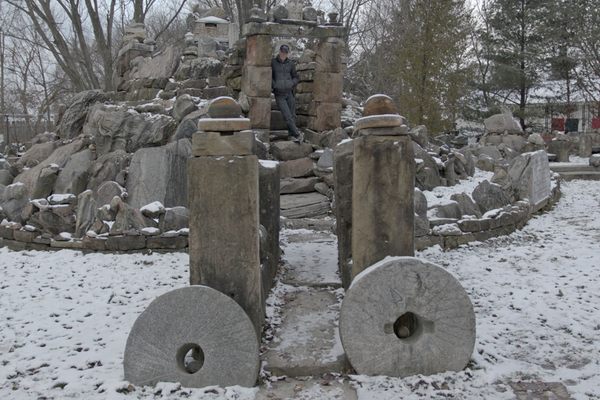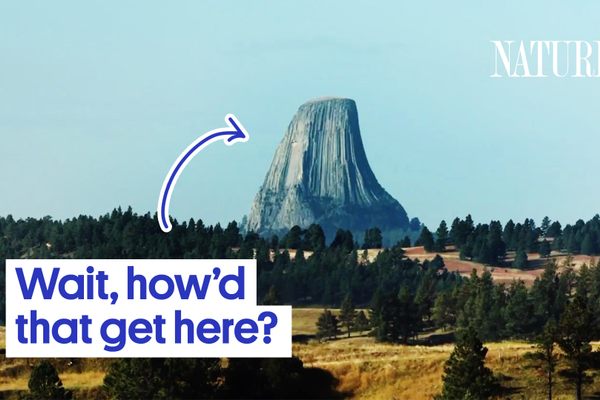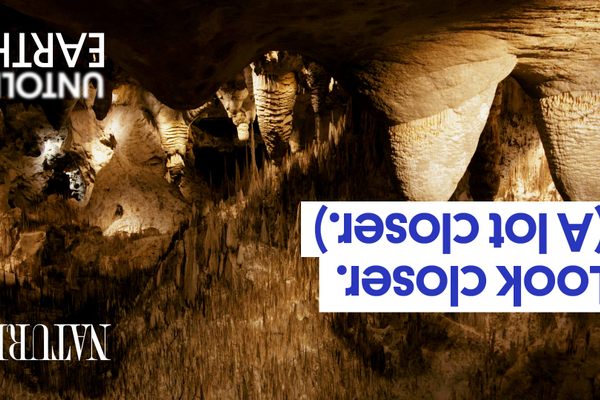After Nuclear Blasts, Scientists Say It’s Probably Time to Start a New Epoch
Goodbye, Holocene. Welcome, Anthropocene.

A mushroom cloud forms after a nuclear test at Bikini Atoll in the western Pacific Ocean in 1954. (Photo: Public domain)
If humans weren’t trying to consciously destroy the Earth, you wouldn’t really know it. The dawn of the Industrial Age in the late 18th century brought with it the mass use of fossil fuels, laying the seeds for climate change; in the 1940s, we invented nuclear bombs, exploding over 2,000 in the ensuing years, laying the seeds for the current situation, where we sit a mistake or two away from global nuclear apocalypse.
It’s not great, in other words. But scientists are now saying that we may have done something else with all that fission and fossil-fuel burning: created a new human epoch. The current epoch, the Holocene, began around 12,000 years ago, when the most recent ice age ended and the Earth’s climate stabilized into what it is today: a livable—in many places temperate—place to expand the human race.
But climate change and radioactive elements scattered across the Earth are now threatening all that, or at least, scientists say, changing the planet permanently. On Monday, the Working Group on the Anthropocene, a group of geologists, told the International Geological Congress that the epoch—which began around 1950—should be declared, according to the Guardian.
The recommendation was the result of nearly a decade of research, though should the Anthropocene epoch become official, it will probably take at least a few more years of research and debate. Monday’s recommendation was the first of many steps, since changes to the geological time scale, quite like time itself, can take awhile.
“One criticism of the Anthropocene as geology is that it is very short,” Jan Zalasiewicz, the chair of the WGA told the Guardian. “Our response is that many of the changes are irreversible.”























Follow us on Twitter to get the latest on the world's hidden wonders.
Like us on Facebook to get the latest on the world's hidden wonders.
Follow us on Twitter Like us on Facebook